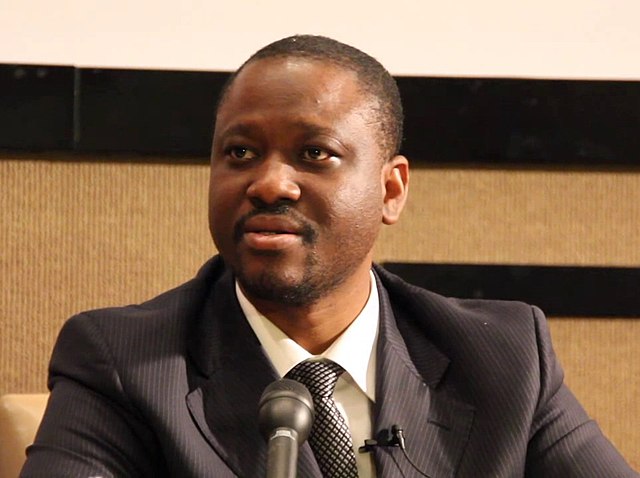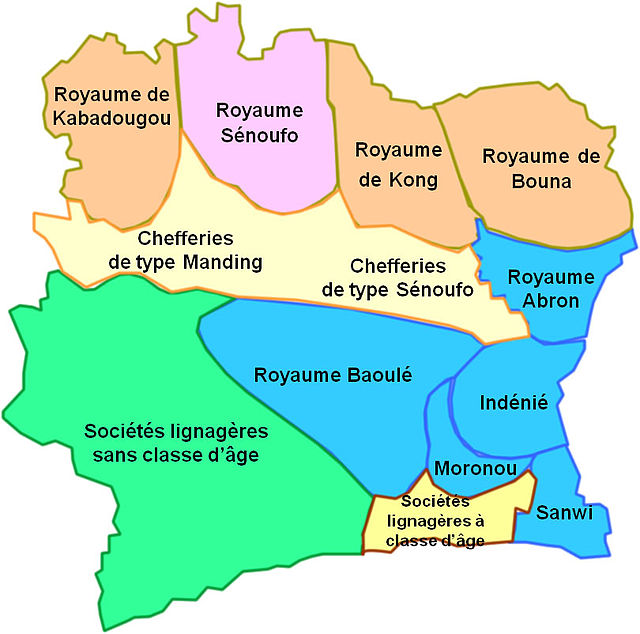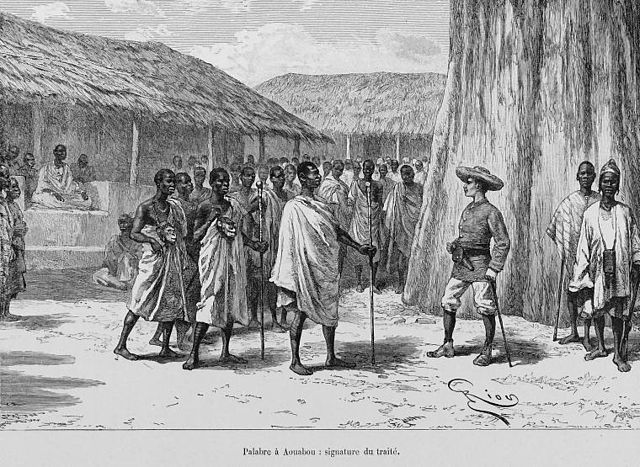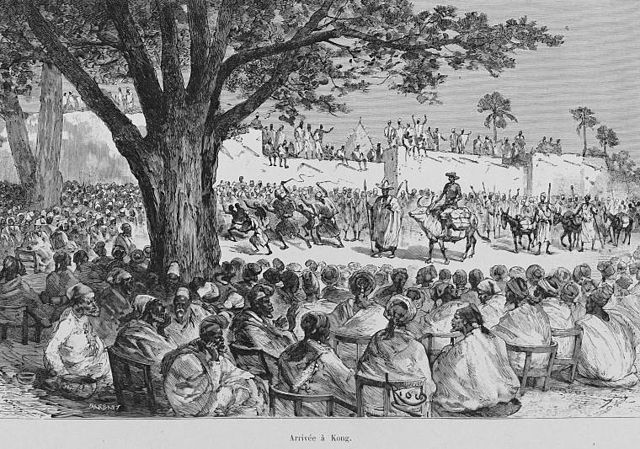The First Ivorian Civil War was a civil conflict in the Ivory Coast that began with a military rebellion on 19 September 2002 and ended with a peace agreement on 4 March 2007. The conflict pitted the government of Ivorian President Laurent Gbagbo against a domestic insurgency led by the New Forces of Ivory Coast. Following the war, a second civil war (2010–2011) would begin over the results of the 2010 Ivorian presidential election.
Félix Houphouët-Boigny died in 1993, after 30 years in power.
President Henri Konan Bédié used Ivoirité to undermine his political rivals.
Alassane Ouattara was barred from contesting the 1995 and 2000 elections.
Rebel leader Guillaume Soro led the Patriotic Movement of Ivory Coast and the New Forces.
Ivory Coast, also known as Côte d'Ivoire and officially the Republic of Côte d'Ivoire, is a country on the southern coast of West Africa. Its capital city of Yamoussoukro is located in the centre of the country, while its largest city and economic centre is the port city of Abidjan. It borders Guinea to the northwest, Liberia to the west, Mali to the northwest, Burkina Faso to the northeast, Ghana to the east, and the Gulf of Guinea to the south. With 30.9 million inhabitants in 2023, Ivory Coast is the third-most populous country in West Africa. Its official language is French, and indigenous languages are also widely used, including Bété, Baoulé, Dioula, Dan, Anyin, and Cebaara Senufo. In total, there are around 78 different languages spoken in Ivory Coast. The country has a religiously diverse population, including numerous followers of Islam, Christianity, and traditional faiths like Animism.
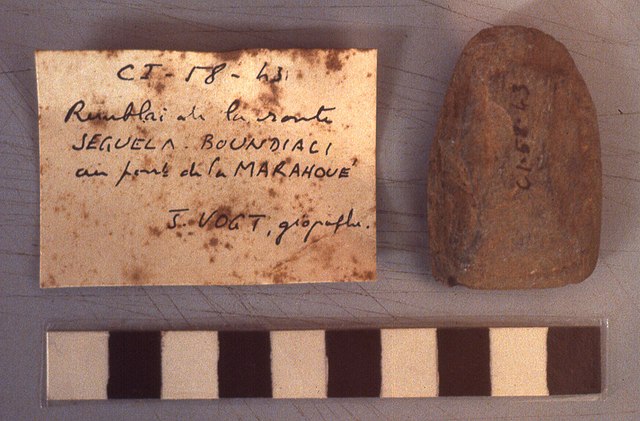
Prehistoric polished stone celt from Boundiali in northern Ivory Coast, photo taken at the IFAN Museum of African Arts in Dakar, Senegal
Pre-European kingdoms
Louis-Gustave Binger of French West Africa in 1892 treaty signing with Famienkro leaders, in present-day N'zi-Comoé Region, Ivory Coast
Arrival in Kong of new French West Africa governor Louis-Gustave Binger in 1892.




